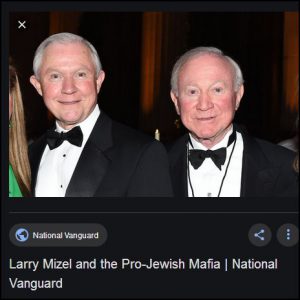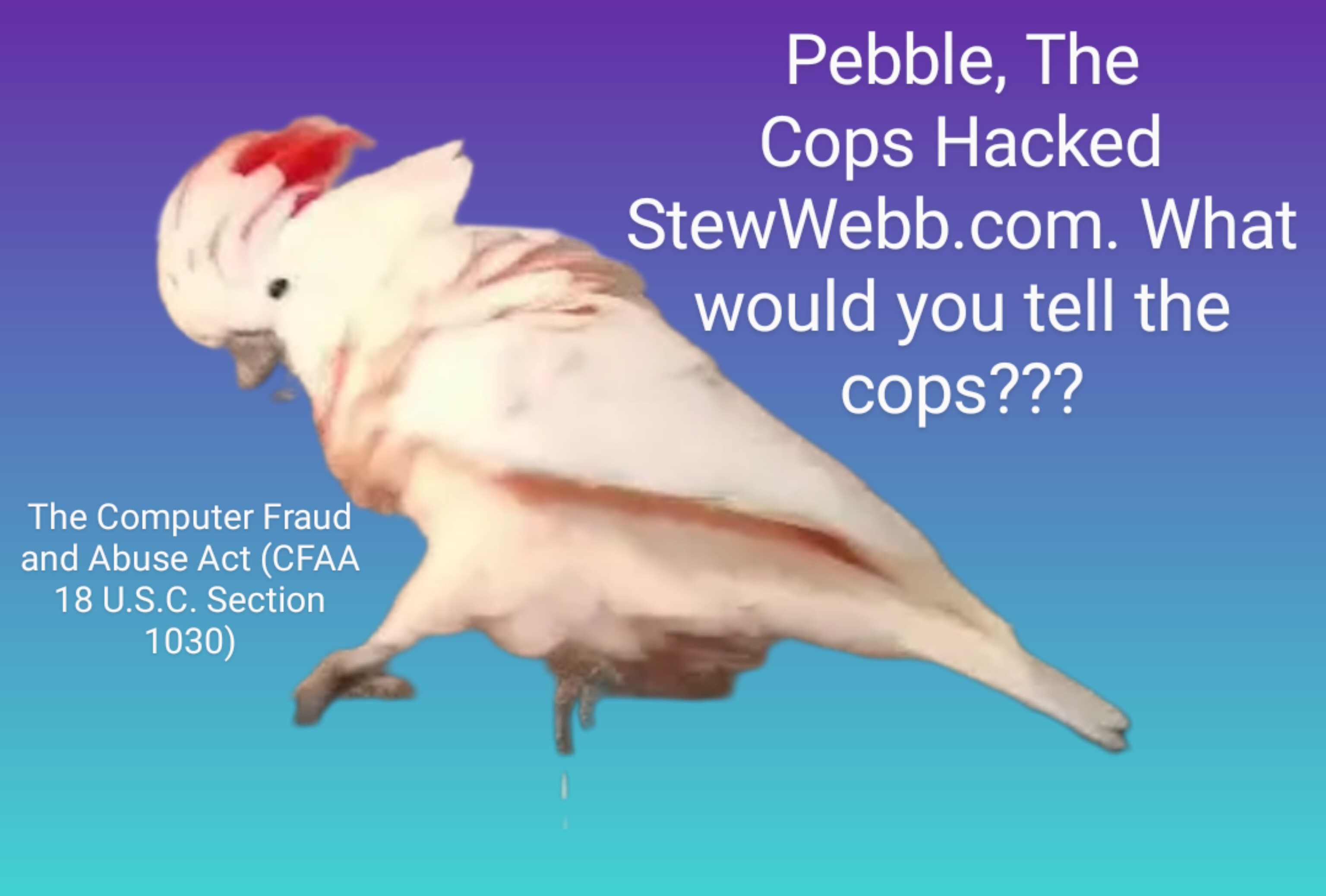“It looks like we’re terribly reckless people,” Mr. Raines said. “But there was absolutely no one in Washington — senators, congressmen, even the president — who dared hold J. Edgar Hoover to accountability.”
“It became pretty obvious to us,” he said, “that if we don’t do it, nobody will.”
Burglars Who Took On F.B.I. Abandon Shadows
By Mark Mazzetti January 7, 2014
PHILADELPHIA — The perfect crime is far easier to pull off when nobody is watching. So on a night nearly 43 years ago, while Muhammad Ali and Joe Frazier bludgeoned each other over 15 rounds in a televised title bout viewed by millions around the world, burglars took a lock pick and a crowbar and broke into aFederal Bureau of Investigation office in a suburb of Philadelphia, making off with nearly every document inside. They were never caught, and the stolen documents that they mailed anonymously to newspaper reporters were the first trickle of what would become a flood of revelations about extensive spying and dirty-tricks operations by the F.B.I. against dissident groups. Heroes. And a reminder to those who naively believe that the government can be trusted with the power to run a surveillance state. How quickly we forget Hoover and Nixon. The burglary in Media, Pa., on March 8, 1971, is a historical echo today, as disclosures by the former National Security Agency contractor Edward J. Snowden have cast another unflattering light on government spying and opened a national debate about the proper limits of government surveillance. The burglars had, until now, maintained a vow of silence about their roles in the operation. They were content in knowing that their actions had dealt the first significant blow to an institution that had amassed enormous power and prestige during J. Edgar Hoover’s lengthy tenure as director. Launch media viewer John and Bonnie Raines, two of the burglars, at home in Philadelphia with their grandchildren. Mark Makela for The New York Times “When you talked to people outside the movement about what the F.B.I. was doing, nobody wanted to believe it,” said one of the burglars, Keith Forsyth, who is finally going public about his involvement. “There was only one way to convince people that it was true, and that was to get it in their handwriting.” Mr. Forsyth, now 63, and other members of the group can no longer be prosecuted for what happened that night, and they agreed to be interviewed before the release this week of a book written by one of the first journalists to receive the stolen documents. The author, Betty Medsger, a former reporter for The Washington Post, spent years sifting through the F.B.I.’s voluminous case file on the episode and persuaded five of the eight men and women who participated in the break-in to end their silence. Unlike Mr. Snowden, who downloaded hundreds of thousands of digital N.S.A. files onto computer hard drives, the Media burglars did their work the 20th-century way: they cased the F.B.I. office for months, wore gloves as they packed the papers into suitcases, and loaded the suitcases into getaway cars. When the operation was over, they dispersed. Some remained committed to antiwar causes, while others, like John and Bonnie Raines, decided that the risky burglary would be their final act of protest against the Vietnam War and other government actions before they moved on with their lives. “We didn’t need attention, because we had done what needed to be done,” said Mr. Raines, 80, who had, with his wife, arranged for family members to raise the couple’s three children if they were sent to prison. “The ’60s were over. We didn’t have to hold on to what we did back then.” A Meticulous Plan Click on link below to read full report:
All logos and trademarks in this site are property of their respective owner. FAIR USE NOTICE: This site contains copyrighted material the use of which has not always been specifically authorized by the copyright owner. We are making such material available in our efforts to advance understanding of environmental, political, human rights, economic, democracy, scientific, and social justice issues, etc. We believe this constitutes a ‘fair use’ of any such copyrighted material as provided for in section 107 of the US Copyright Law. In accordance with Title 17 U.S.C. Section 107, the material on this site is distributed without profit to those who have expressed a prior interest in receiving the included information for research and educational purposes. For more information go to: www.law.cornell.edu/uscode/17/107.shtml



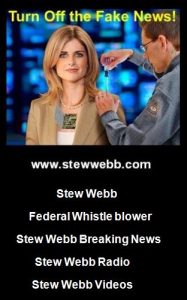
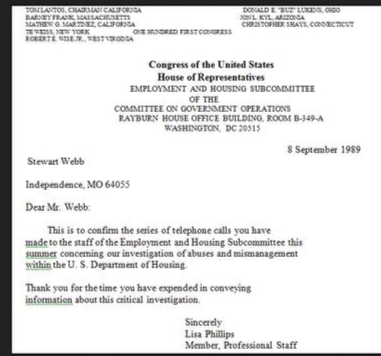
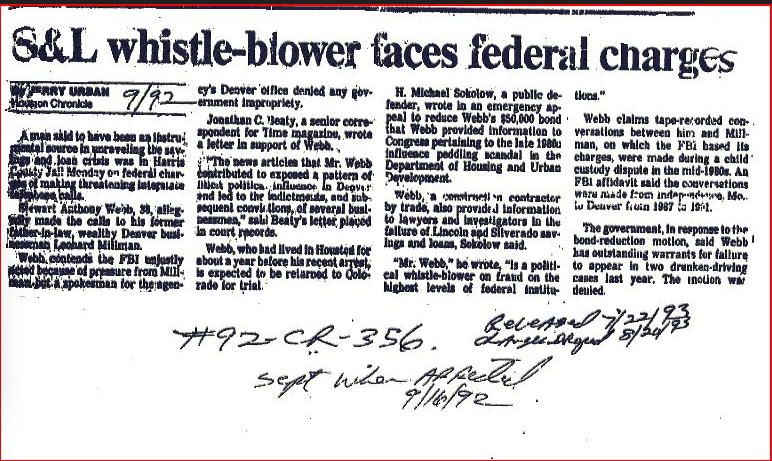
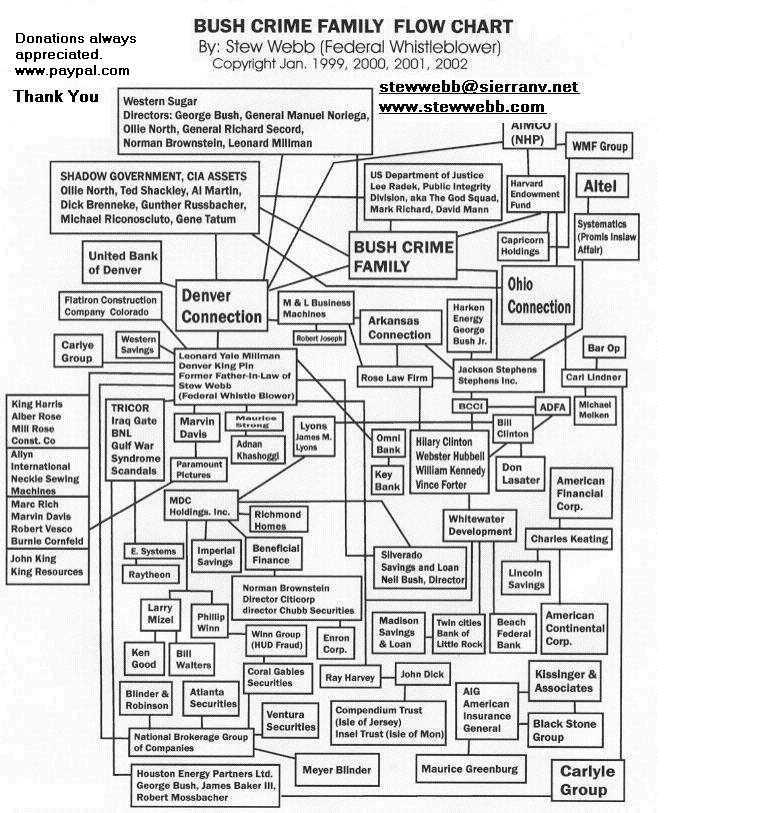
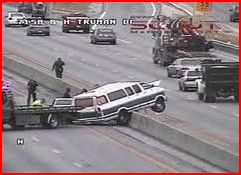
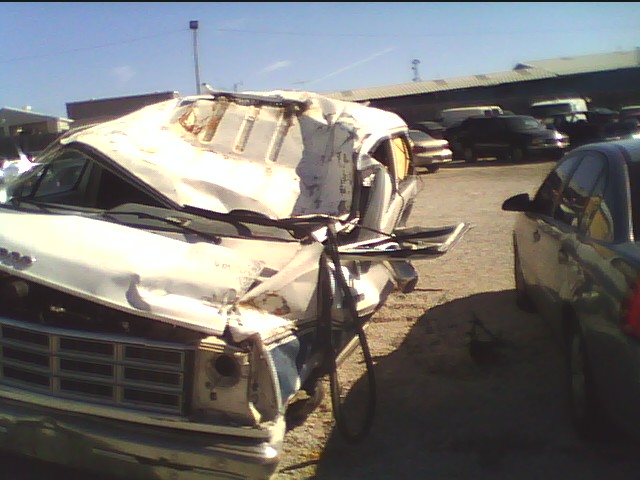
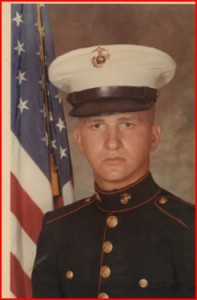

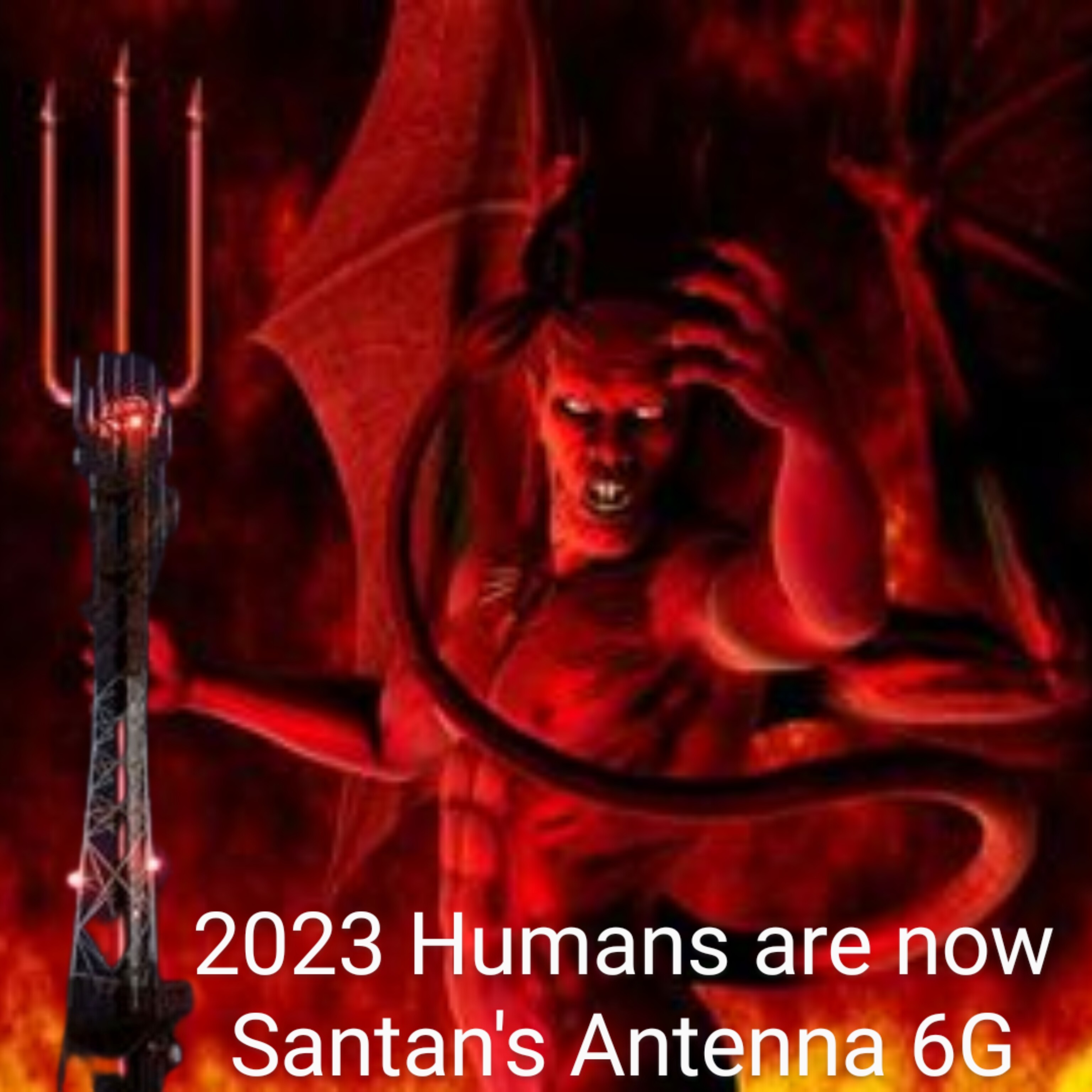
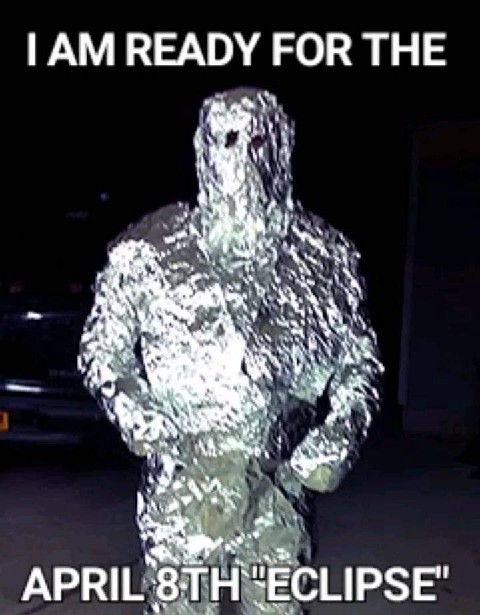
.jpg)
